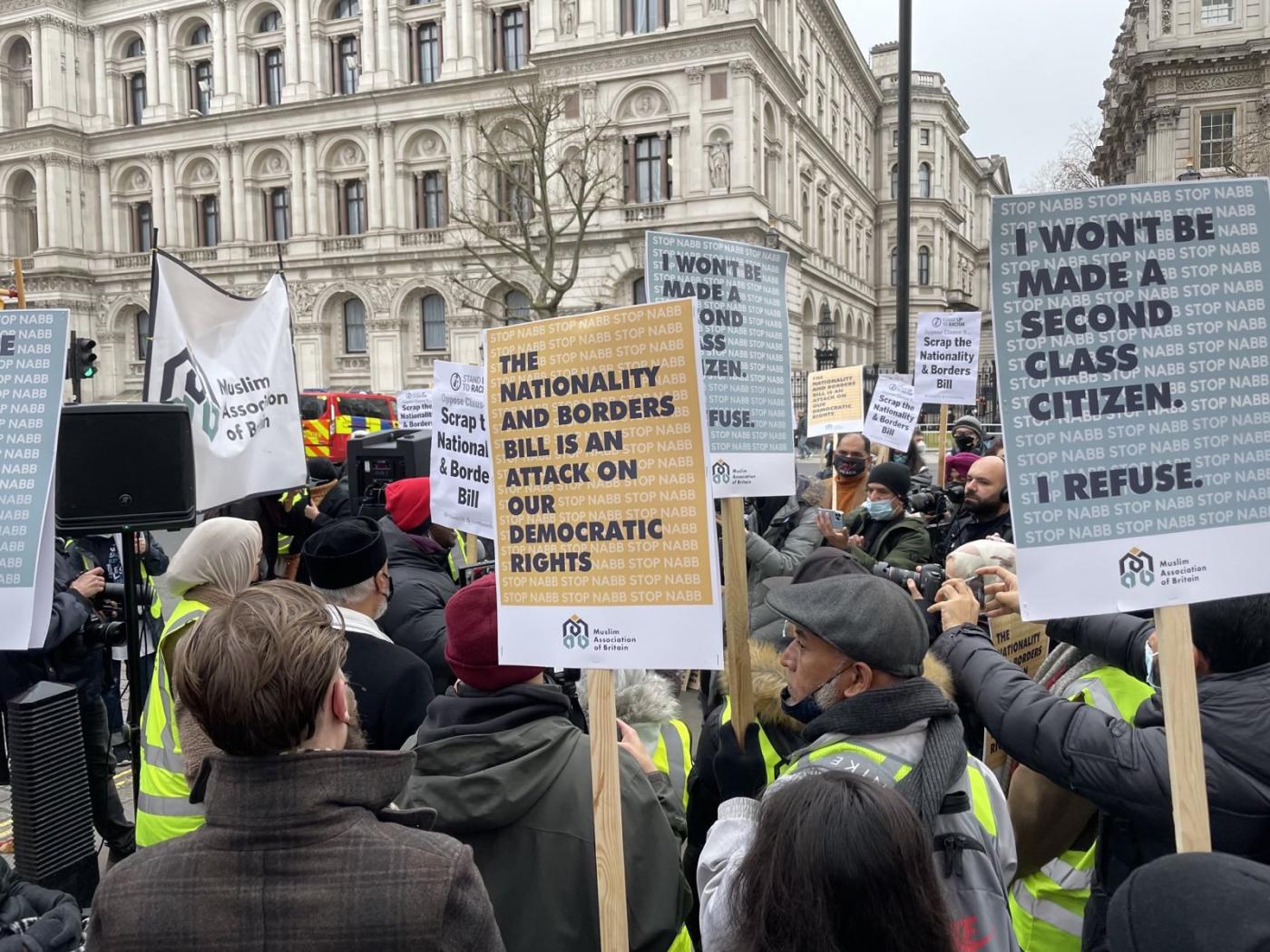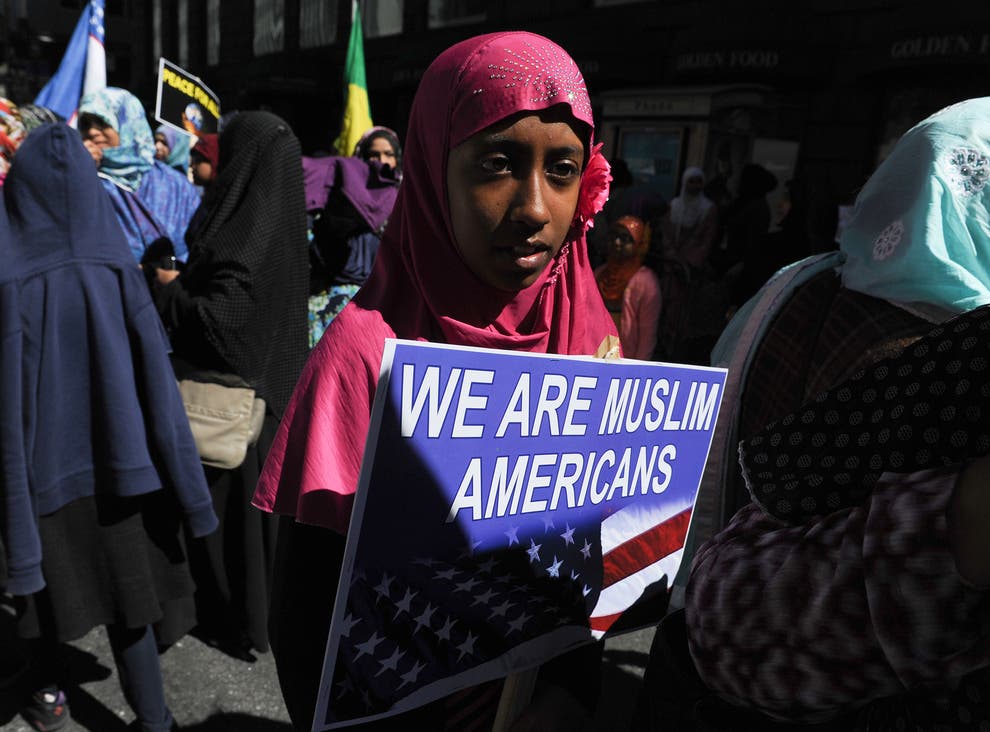(RNS) Rummana Hussain was one of those children whose Muslim parents envisioned her in a white coat with a stethoscope around her neck.
Instead, she became a metro editor and reporter at the Chicago Sun-Times, where she covers criminal courts and remains the only Muslim member of the editorial staff. She knows “a couple” more Muslims at the Chicago Tribune, the state’s largest paper.
“Blame it on the parents,” jokes one prominent American Muslim when asked to explain the dearth of Muslims in the U.S. media. Many Muslim-Americans are immigrants who see medical school — maybe law school, but not journalism school — as the key to their children’s success, said Ibrahim Hooper, a former television news producer who is now the national spokesman for the Council on American-Islamic Relations.
Well-represented in medicine, Muslims account for a sliver of the mainstream American media. Many Muslim reporters take heart in what they see, at least anecdotally, as a recent uptick in the number of Muslim colleagues: With Islamophobia on the rise and Islam-related stories — particularly on Islamic extremism — dominating the headlines, the need for more Muslim journalists seems all the more pressing to them.
No one knows exactly how many Muslims are working in American media. The American Society of News Editors keeps tabs on the number of minorities working at daily newspapers — about 13 percent of editorial staffs — and specifically the number of blacks, Hispanics and Native Americans. But the census does not count Muslims or other religious groups. The federal agency charged to police discrimination in hiring considers questions about a job candidate’s religion“problematic.”
One scholar of Muslims in America says deep-seated biases within American society and its media limit the extent to which these reporters can influence what Americans read about Islam and the people who practice it.
“There are certain ideological lines that are not commercially viable to sell,” said Indiana University-Purdue University Indianapolis Professor Edward Curtis. For example, he questions why Americans are so quick to define violence committed by Muslims as terrorism, but loath to apply the term to U.S. military actions.
While it may be helpful to have more Muslims in newsrooms, Curtis continued, “I doubt that it will change the fundamental conditions under which news about Muslims is being made in the United States.”






